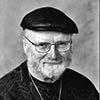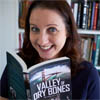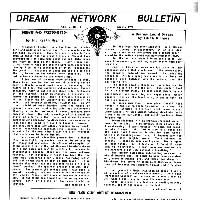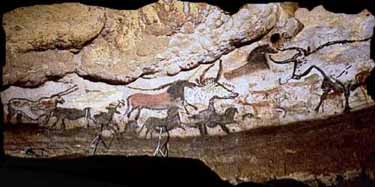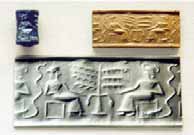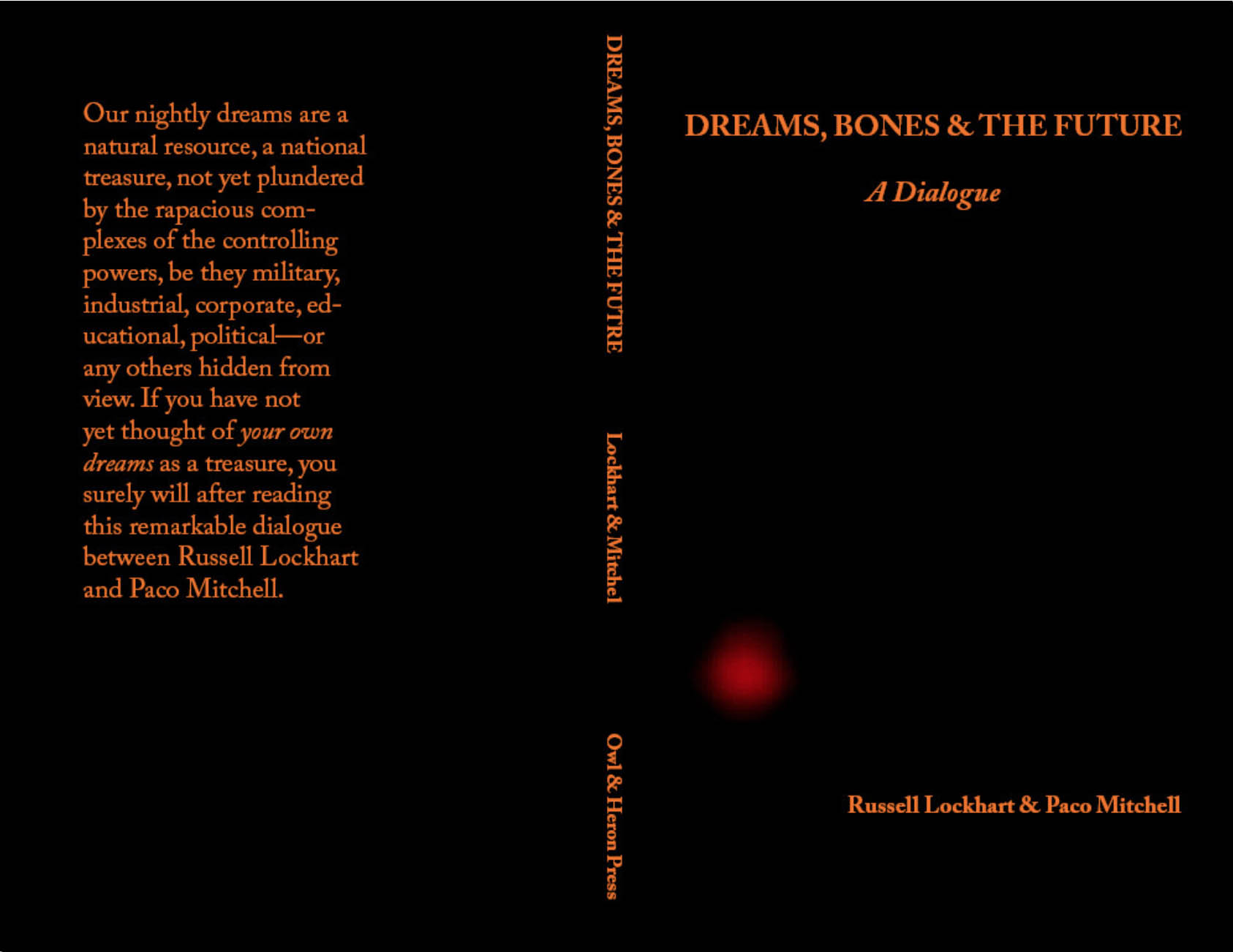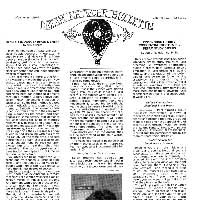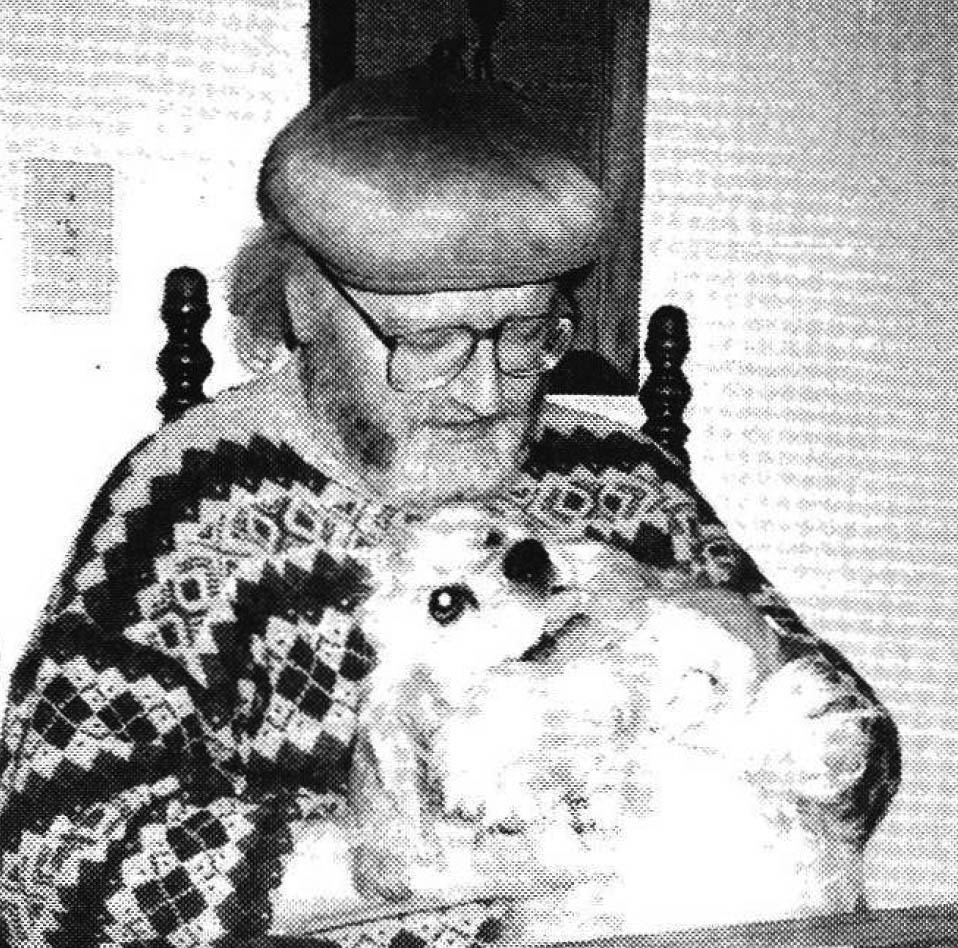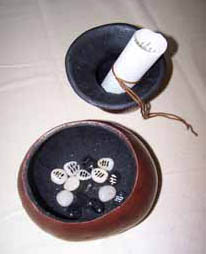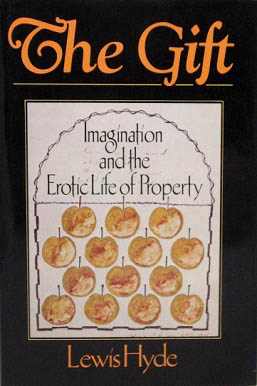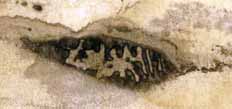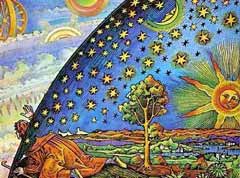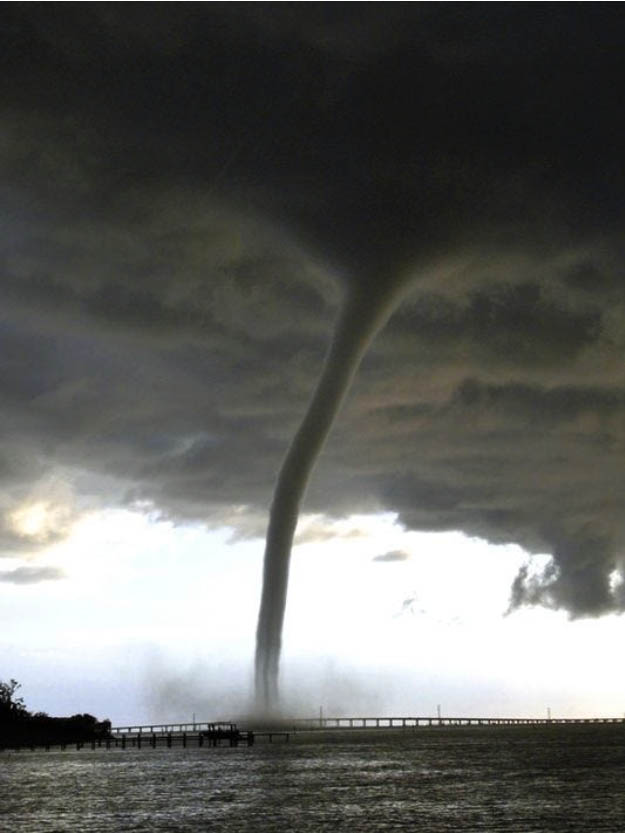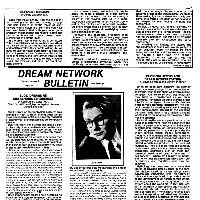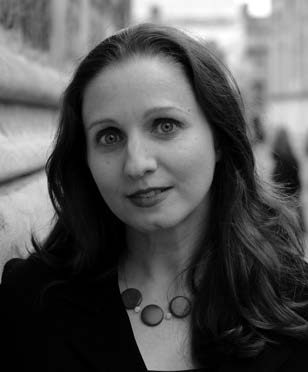
They say the novel is ill. The novel is dying. The novel is dead. The fashionistas of literary criticism, many of them novelists themselves, condemn whatever current cultural phenomena they see threatening the novel’s mortality. The latest culprit is the Internet. With everyone able to publish without limitation, the guardians of quality are aghast. Still, more people are reading than ever before, and more people are writing as well. Maybe this is good. Too soon to tell.
One writer caught my eye recently. She’s self-publishing eBooks which have become Amazon best sellers and now has a print edition of her first novel available in the US and UK. As a result of her success, she has acquired a New York agent. Her web sites for helping authors navigate both creation in the digital world and marketing books and oneself on-line have been among the top-rated resources for writers for three-years running. She’s sparkly, vibrant and very much alive as are her books. After reading her ARKANE trilogy (Pentecost, Prophecy, Exodus), I decided to have a chat with Joanna Penn and she graciously agreed. She’s a Brit with a background in corporate information technology, psychology and religion, and a degree in theology from Oxford University. She’s been able to realize her dream of being a full-time writer and she loves it.1
Russ Lockhart. British accents mesmerize me, so if I go off into a trance you will know what is happening. I want you to know that I thoroughly enjoyed the ARKANE trilogy. I just devoured all three volumes. I have been reading a book called My Bookstore, with essays by 80 or so writers describing their experiences with bookstores that have played an important part in their becoming writers. Is there a bookstore in your background that played an important part in your becoming a writer?
Joanna Penn. Absolutely. I love bookstores. Nowadays I read a lot of eBooks. But I still love to frequent bookstores. One that springs to mind is Blackwell’s in Oxford.
RL. Ah, yes, a wonderful place.
JP. I was a student there in the ‘90s. I used to hang out in the Norrington Room, which is downstairs. It’s a massive non-fiction area filled with religion, psychology, science, and travel books. I could just spend forever there. I used to spend all my money in Blackwell’s. I got so many books! And, I got to study at the Bodleian library as well which was marvelous. So, yes, print books definitely. Now I work in the London Library in central London and I go to Waterstone’s in Piccadilly, which is an amazing bookstore—six floors of books. [It’s Europe’s largest bookstore.]
RL. So in spite of the fact that so many bookstores are closing—at least here in the U.S.—you have some hope for their survival?
JP. People want community around books. Bookstores that enable activities around books like writer’s groups and readings—those will survive and carry on.
RL. I’m glad to hear that. You’ve gone so deep into the new digital revolution that one wonders about the future of bookstores and also the future of libraries. Glad to hear that you see these places as not going away.
JP. It’s funny you should talk about this. One of the things I’m going to do, probably this year, is try my hand at making books. I’m going to a bookbinder and learn how to make limited hand-made editions for people who love my work.
RL. I’ll be very interested to follow what you do along these lines, as my wife and I have some experience in making books, from setting type, to making paper and binding. I don’t hear this idea of making books by hand much anymore. Such a wonderful thing to do. This is exciting!
JP. Yes, everything is so digital. I spend so much time with words I want to do something with my hands, something creative with my hands, to actually make something. I figure this is a good way!
RL. Tell me, Joanna, what have been the most important influences on you becoming a writer?
JP. Probably the first writer that led me to feel this is what I want do was Umberto Eco, with The Name of the Rose and also Foucault’s Pendulum. Have you read those?
RL. Oh, yes.
JP. I’ve always been interested in religion, and Eco showed me it was possible to write about religion in a fiction book. Trying to write like Umberto Eco obviously was not something I was going to do and that froze me up a bit. But then Dan Brown came along with The Da Vinci Code and Angels & Demons and this made me realize you could write fiction with religion, history, architecture, and archeology— deep and meaningful things—but in a fast-paced way that people would enjoy. Dan Brown helped me decide to write this way. Eco and Brown are two ends of a spectrum. I’m a massive reader and read very widely. In thrillers now, I like James Rollins. He writes from a religious angle.
RL. Your ARKANE trilogy is certainly a thriller. The thriller is often described as “escapist” literature, a kind of distractive entertainment from the drudgery of everyday life. I’ve never been happy with this idea of escape. To me, fiction, no matter how great or poorly done, offers a portal of possibilities, an opening into possible worlds and has the potential of going deeper inside us then we often realize. Are you writing for people to escape or does your fiction have a deeper significance and purpose?
JP. I have to say that when I started writing I had a job as an IT consultant. I really was miserable. Reading fastpaced thrillers was all about escape, about how to get out of this commute for 45 minutes before I get to my job and how to fill my lunch hour when I was really down. I’m lucky now. Since becoming a full-time author and entrepreneur, escape isn’t so necessary. But I want to write fiction on two levels, to make people think about deeper things and at the same time to have a really good ride. I will be writing more in my next series and think it is deeper than the ARKANE series. I‘m addressing some depth issues without trying to lecture people at the same time.
RL. Harold Rosenberg, literary critic of The New Yorker, back in 1975, expressed the hope and dream that everyone would be an artist, what he called one-person cultures. With the advent of digital publishing and the Internet as everyone’s stage, are we close to realizing Rosenberg’s dream, or are we falling into some potential nightmare?
JP. I hope it’s not a nightmare. I like the sentiment that everyone can be an artist. I think that all children are artists and then we grow out of it and we push down the artistic tendencies. It took me 25 years to come back to it. I am self-published. I’m not a patient person. I think self-publishing my books made it possible for me. If I had to wait on traditional publishing, you would not have had my books. There are pros and cons with this new environment. I think, though, that if people want to express the stories inside they should be given a chance to get them out there.
RL. Wordsworth long ago complained that the psyche was shut out because “the world was too much with us.” Can you imagine what he would say today when we are flooded by so much din and distraction? How is it amid this flood you can get yourself into the solitary space and time and place and energy where you can create, where you can write?
JP. I’m an introvert. I make sure I have a place. When I had a day job I got up at 5. Now, I make sure I have silence. I have ear plugs. There is no music, no email, no logging on. I just set aside specific times to create.
RL. You titled your trilogy the ARKANE trilogy. There is a certain play on words, of course, because you bring a great deal of arcane knowledge into your writing. You are very deft at doing so. It never seems like filler. It’s not something where you turn the pages and skip over. I was thoroughly taken by the richness of the material you brought to bear on the development of the plot and the development of the characters. The history, the mythology, the religion, and the cultural aspects—it was wonderful. It is part of that sense I have that there are ways that fiction can bring in material that can seep into one, and into the popular culture, into collective consciousness, where ordinary non-fiction may have trouble doing so. You are doing that and I look forward to your new work that you say goes even deeper.
JP. Thank you.
RL. But your ARKANE stands for “Arcane Religious Knowledge and Numinous Experience.” How did you come up with that?
JP. I had this secret agency that investigates spiritual things located under Trafalgar Square. But I wanted to come up with a name for it, an acronym that meant something. I wanted to use arcane and I thought if I changed the “C” to “K” that would be cool. I’m glad you liked it, because a lot of people don’t get what “numinous” is. I wanted to go into all kinds of arcana as such.
RL. After reading the name the first time and what it meant it was clear you had an interest in Jung and archetypal psychology. How did you get interested in Jung?
JP. It was when I studied theology at Oxford. I wrote a paper on psychology of religion and of course Jung was one of the first psychologists I studied. I was particularly taken with Memories, Dreams, and Reflections. While I was writing Pentecost, Jung’s Red Book was published, his personal journal of breakdown and filled with images. It brought out all the things I had learned about Jung in the beginning of my studies and let me investigate him again. In his life story I found he had been in Tunisia and in America, and also in these places I write about. In the Red Book there was this painting of the Pentecost flame. That was amazing to me because as I was researching that whole synchronicity idea for the novel, it actually happened to me. What I love about writing these books is that as I research this stuff it seems almost to be true. I just tweak it a bit. It’s fiction, but it’s based on a whole load of facts.
RL. One of the things that impressed me was that you would bring in some fact that had just happened—like the story of Arafat’s poisoning—and mix it together with ancient arcane things. This brings together disparate things to create a meaning with a trajectory, not just some far out thing, but meaningful things that get through that aim beneath the surface.
JP. That Arafat story was synchronicity again. Just the other day, someone emailed me about a show on the Ark of the Covenant. People are always interested in these big archetypal stories. That was part of the reason for writing the books because I wanted resonance with the collective unconscious, the memory we have in our culture around these big religious questions.
RL. Well, I think you are succeeding in a way that is very effective. I don’t think I would have devoured the books the way I did if this was not happening. To me it’s a good indicator of that “getting through” the surface into the deeper regions that I refer to as chief among the possibilities of fiction. You are really on the right track.
JP. Thank you for that.
RL. So far we’ve been talking about “dreams” in the sense of aspirations, a common usage I will be writing more about soon. But what about actual nighttime dreams? Do your dreams ever come into your work, or your work into your dreams?
JP. I don’t record my dreams as in writing them down when I wake up. I definitely dream richly and I have nightmares. I have quite a dark mind, as you will have found in my books with all those violent deaths and horror aspects. I think the supernatural can be horrific. I like the shadow idea and I like going into the darker side of us and I do sometimes dream very violent dreams. Sometimes, I worry that when people read my books that they think that’s me; that I am into violence and death. But part of what’s great about writing is that writing about these dark things helps us reconcile these darker issues. In fact, writers like Stephen King and James Herbert and hopefully me are actually more psychologically normal because we can tackle horror in our work. What do you think?
RL. I couldn’t agree more, Joanna. This leads to the next question. Your heroine, Dr. Morgan Sierra, seems modeled somewhat on one Joanna Penn. Is this an example of the old saw, “Write what you know?” Or, is something else involved?
JP. The author wants to have an experience through her creation. Now Morgan is kick-ass, ex-Israeli military, which I am not. She’s like my superhero alter ego, I suppose. I certainly love writing her story. I like writing a strong female aspect.
RL. In the documentary, Bergman’s Island, Ingmar Bergman says that before he writes a screenplay or a stage play an image seizes him. Sometimes it’s from a dream, sometimes from a childhood memory, sometimes from something he encounters on the street. He can’t get these out of his mind until he relates to them seriously and begins writing from them. You will remember the iconic scene from the Seventh Seal where death and the knight meet on the beach and play chess. This scene developed from a childhood memory. Bergman had seen a small painting up in the lofty ceiling of a church where a dark figure and a knight were playing chess. Do you experience this? Does something grip you and that becomes the basis? Or do you plan out, outline, and write from there? How does it go?
JP. Oh, the idea or image comes first exactly as you say. I am a very visual person. A lot of my writing comes from the places I’ve been—Israel in particular. I’ve been eleven times. A lot of my passion for these topics comes from things I’ve seen in Israel and other places. Also when I’m researching, things really happen! For example, Pentecost was originally called Mandala and was even more about Jung. Then I was in St. Mark’s Basilica in Venice. I looked up and saw the Pentecost in those golden mosaic stones and this changed the whole book for me. That image. I had the idea for the stones. And then I saw the flame coming from the stones in Jung’s painting. This happens to me all the time. The other day I saw on a billboard a man with an octopus tattoo up his back and this image was seared into my mind. I wrote the scene yesterday in my new book. The man has become a woman with the octopus tattoo and she’s become a whole new character. I plot around the images. And then I do research and find nuggets that help to make it more real for readers.
RL. It’s quite an adventure for you!
JP. I’m so pleased to be able to do this full time. I love the research. Last year I went to Budapest to research another book. Budapest is chock full of horrific stories of the past, what happened to Jews and all kinds of horrible things that would be brilliant in a book. I love this kind of traveling, researching, writing life. I am a very happy writer.
RL. What about your new work?
JP. Well, it’s a new series and new characters. Before that, there will be a new ARKANE book. This one will be on the Kabala and the Spanish Inquisition. That will be ARKANE number 4 and will come out later in 2013. And then next, a novella as well about Hungary.
RL. Can’t wait. Thank you, Joanna.2
JP. Thank you for having me, Russell.
Endnotes
1 To find out more about Joanna’s fiction visit JFPenn.com and to connect with her writer’s resources visit theCreativePenn.com
2 This interview is a prelude to my next series of “Dreams in the News” pieces that will be focused on the “Fictive Purpose of Dreams.”

